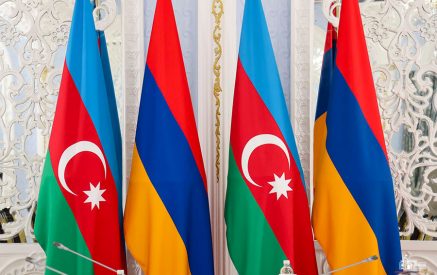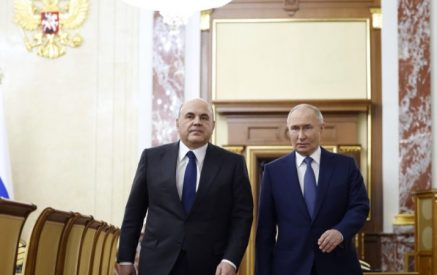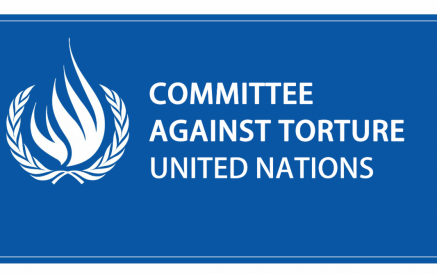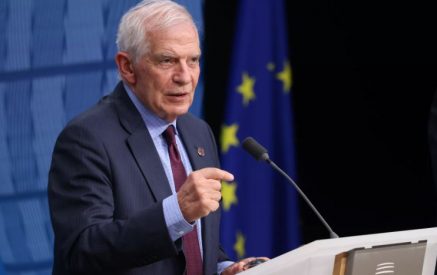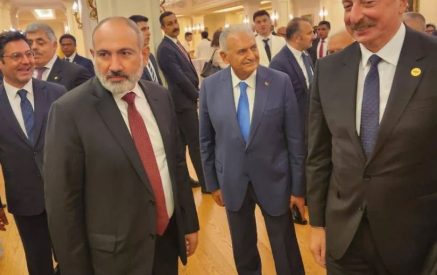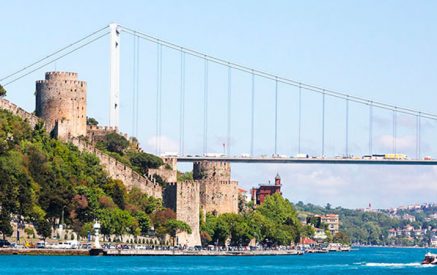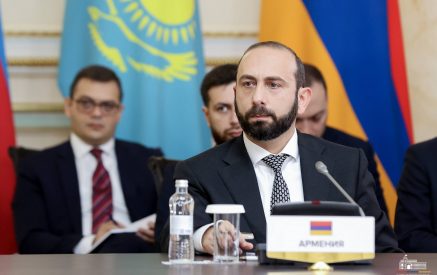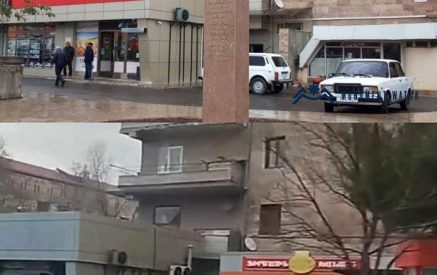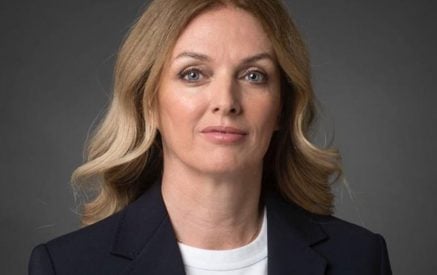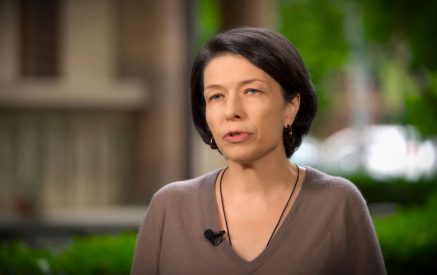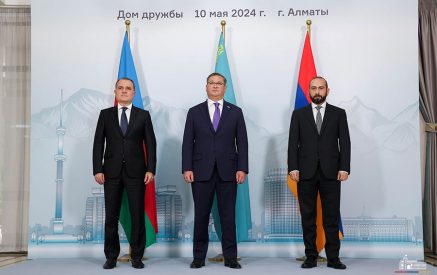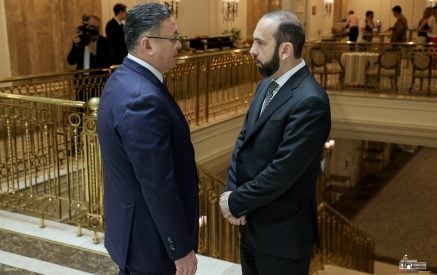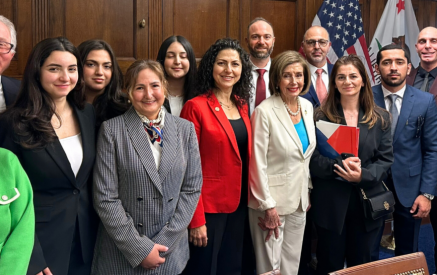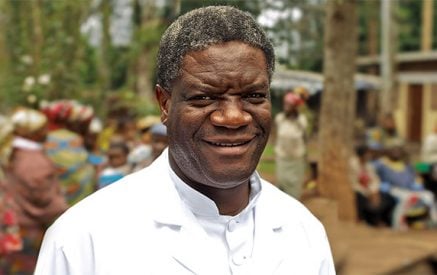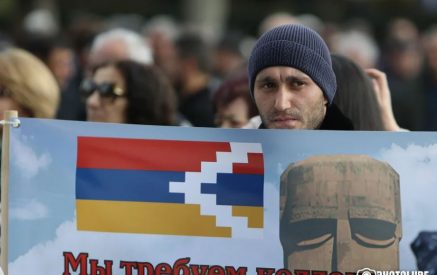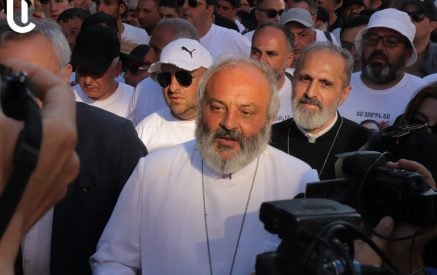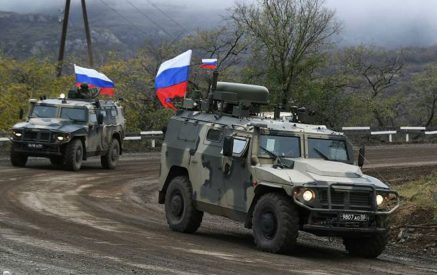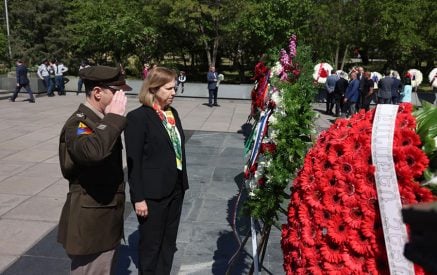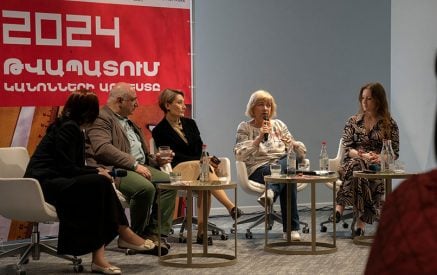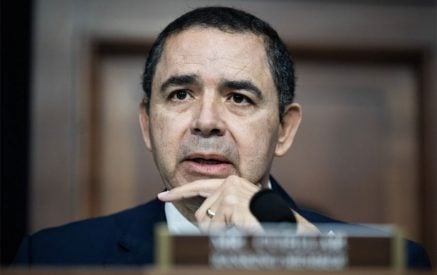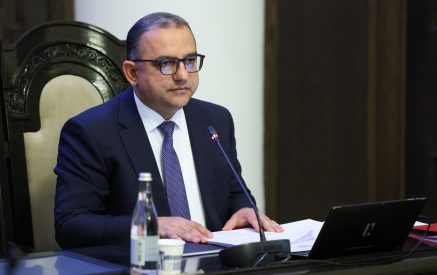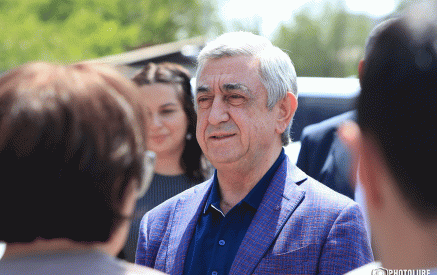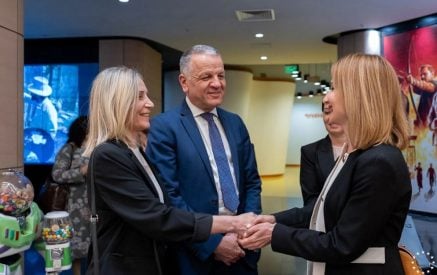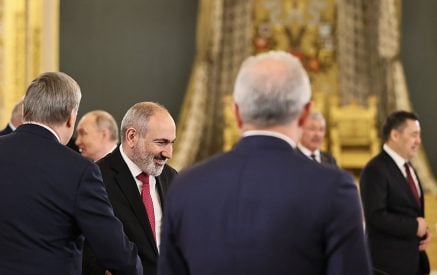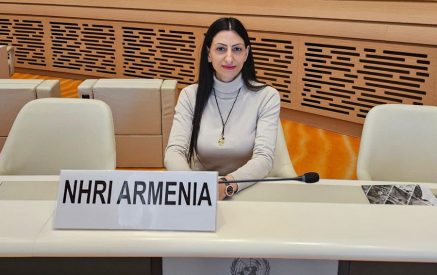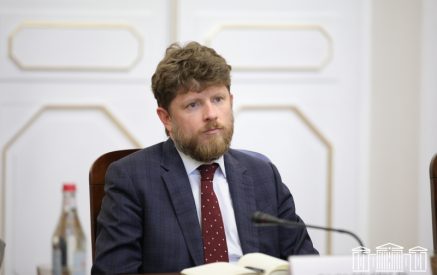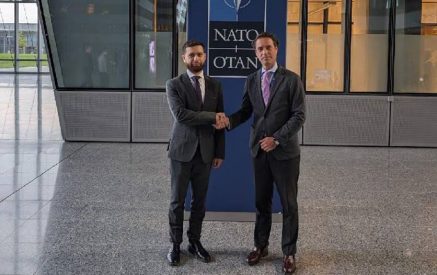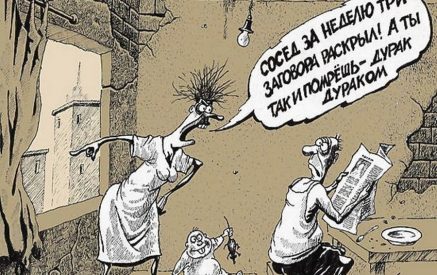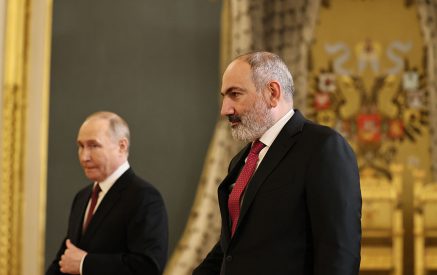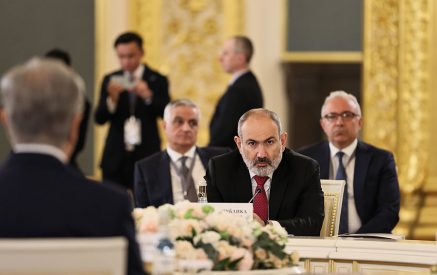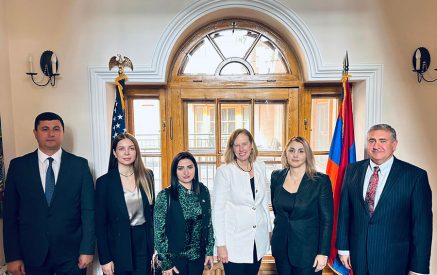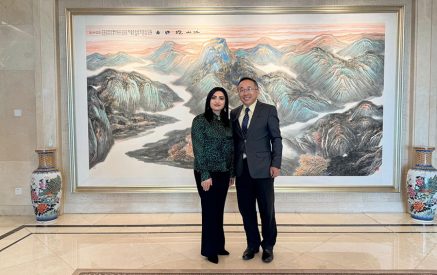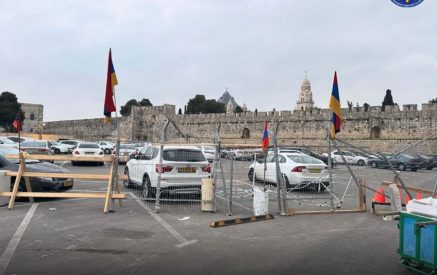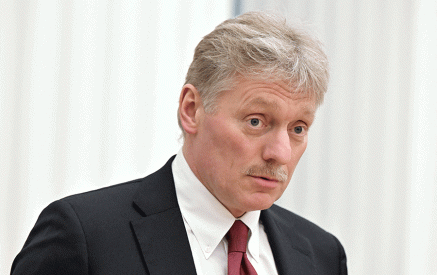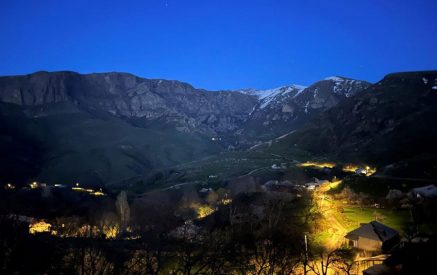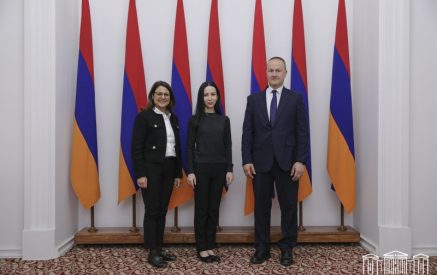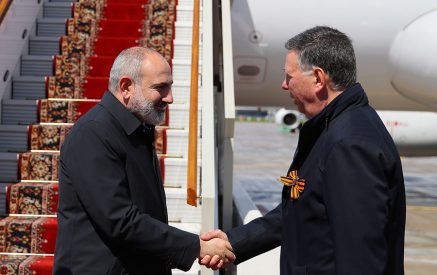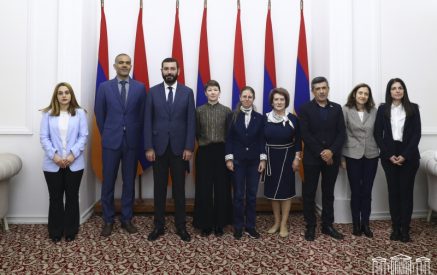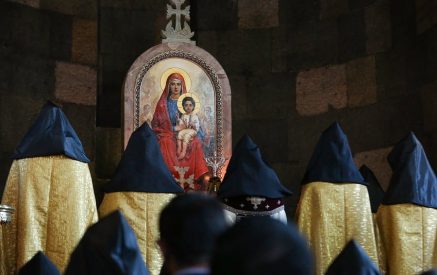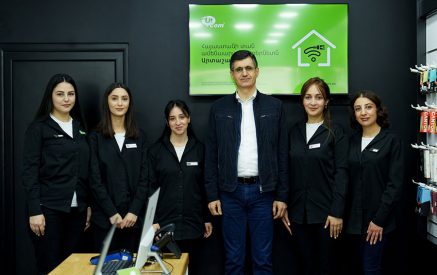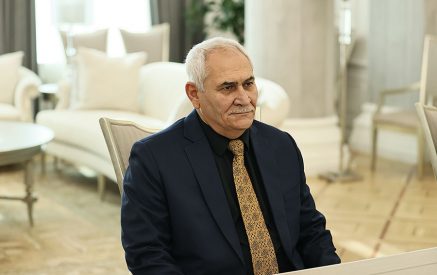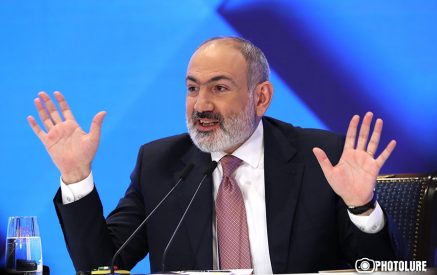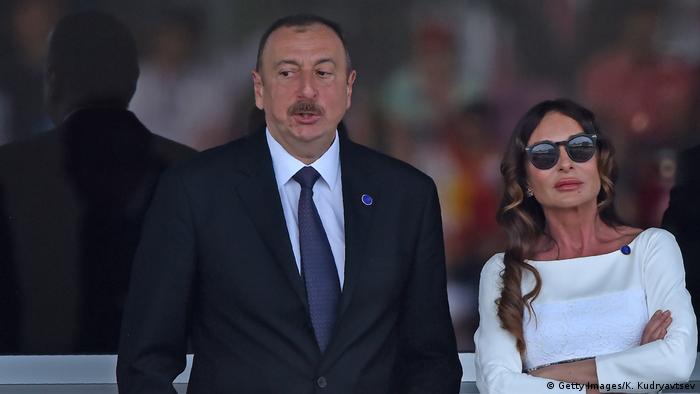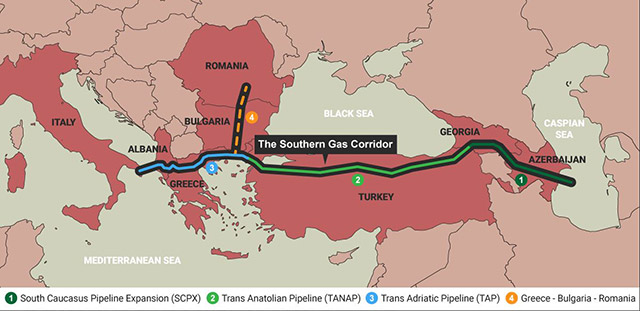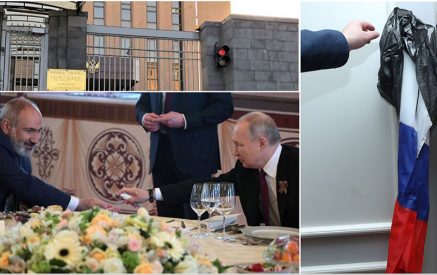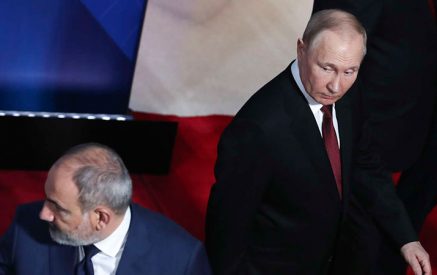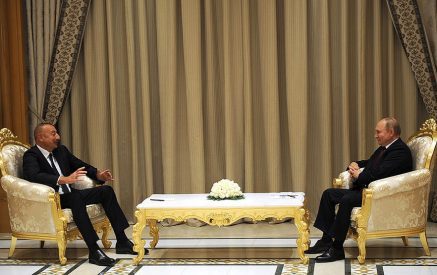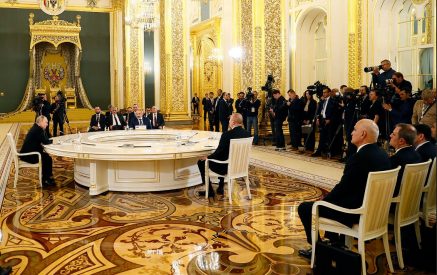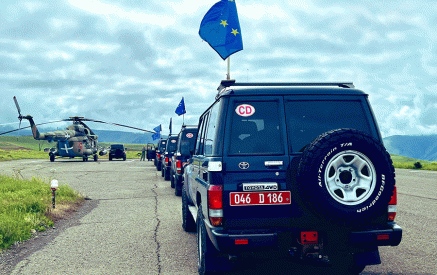Credit: James O’Brien/OCCRP
by Khadija Sharife (OCCRP), Mehriban Mammadova (OCCRP), and Caroline Henshaw (OCCRP)
Leaked documents show two Azerbaijan state companies were set to siphon off $1.7 billion from Shah Deniz 2, which feeds the Southern Gas Corridor to Europe.
In 2013, hundreds of laborers from a factory run by Bos Shelf, an Azerbaijani state-owned manufacturer of offshore oil and gas infrastructure, went on strike demanding higher wages and benefits.
“Our salary is very low,” Igbal Damirov, a factory worker, told Radio Azadliq, Radio Free Europe/Radio Liberty’s Azerbaijani Service. “We do not have health insurance, we are severely punished by foreigners for the most common mistake, we are fired, we are insulted.”
Read also
The State Oil Company of Azerbaijan (SOCAR), which owns Bos Shelf LLC, promised to investigate. But in 2017, the workers made a public appeal to President Ilham Aliyev to intervene, claiming that Bos Shelf was misappropriating their pay. They singled out its general director, Ikhtiyar Akhundov, alleging he stole “millions every month” and employed his family on inflated salaries.
“There is nepotism, landlordism, and gangsterism at the plant,” the workers said in a statement. “Workers who protest against this injustice are fired.”
Throughout those years Bos Shelf was a lead contractor on a multi-billion-dollar expansion of U.K. oil giant BP’s operations in Azerbaijan’s Caspian Sea. Named Shah Deniz 2, after the vast offshore field it draws from, the development is today pumping gas thousands of kilometers west to the European Union through the Southern Gas Corridor.
But as its workers were complaining they could barely make ends meet, Bos Shelf was cashing in. Documents from inside BP, analyzed by OCCRP, show that the company and another SOCAR subsidiary together stood to siphon off more than $1.7 billion from the Shah Deniz 2 project using padded contracts and artificial charges.
Much of the money was set to be paid before any profits went to Azerbaijan’s state budget, meaning that it was not BP but the public that would lose out. At around the same time, Bos Shelf’s director, Akhundov, and his wife started buying lavish beachside properties in and around the U.S. city of Miami, an OCCRP investigation found.
BP executives were repeatedly alerted to accusations of corruption, but took no action, according to three people who worked on Shah Deniz 2. A whistleblower reported BP to the U.K.’s Serious Fraud Office in 2014, but the agency said it had not received enough evidence to open an investigation.
“We stand ready to investigate and prosecute wherever we find clear evidence of serious fraud and corruption,” the office told OCCRP.
A BP spokesperson said the oil giant carried out due diligence on its partners according to its “internal policies and procedures, which reflect both local and international legal requirements,” along with audits to ensure that “payments to entities appropriately reflect the contractual terms for the relevant goods or services provided.”
He did not directly comment on the allegations of embezzlement by the SOCAR companies, saying only that these questions “are best addressed to those entities.”
SOCAR said it and its subsidiaries abide by Azerbaijani and international anti-corruption laws, and it is regularly audited by state authorities while also carrying out internal due diligence procedures. A spokesperson said it has a strict code of conduct that all employees must follow, “reflecting the principle of zero tolerance to all forms of corruption.”
Bos Shelf, the company said, had also been regularly audited by its partners, none of which “resulted in significant adverse findings.” In a statement, SOCAR disputed that the protests were related to corruption, saying workers had wanted their salaries to be calculated in U.S. dollars rather than the local currency, which was swiftly remedied.
OCCRP’s investigation found that hundreds of millions of dollars were siphoned off from the Shah Deniz 2 project in 2014 and 2015, at a time when Azerbaijan’s government was clamping down on civil society and independent journalism. In a September 2015 resolution, the European Parliament said the country had “suffered the greatest decline in democratic governance in all of Eurasia over the past 10 years.”
“Big Oil, particularly companies like BP, are dominant and direct partners to many of the world’s most authoritarian regimes,” said Patrick Bond, author of the Politics of Climate Justice and a specialist in development economics at the University of Johannesburg.
“These regimes could not exist without BP as their ‘investor’ and the revenue from resources like oil and gas are used to militarise and crush public resistance.”


